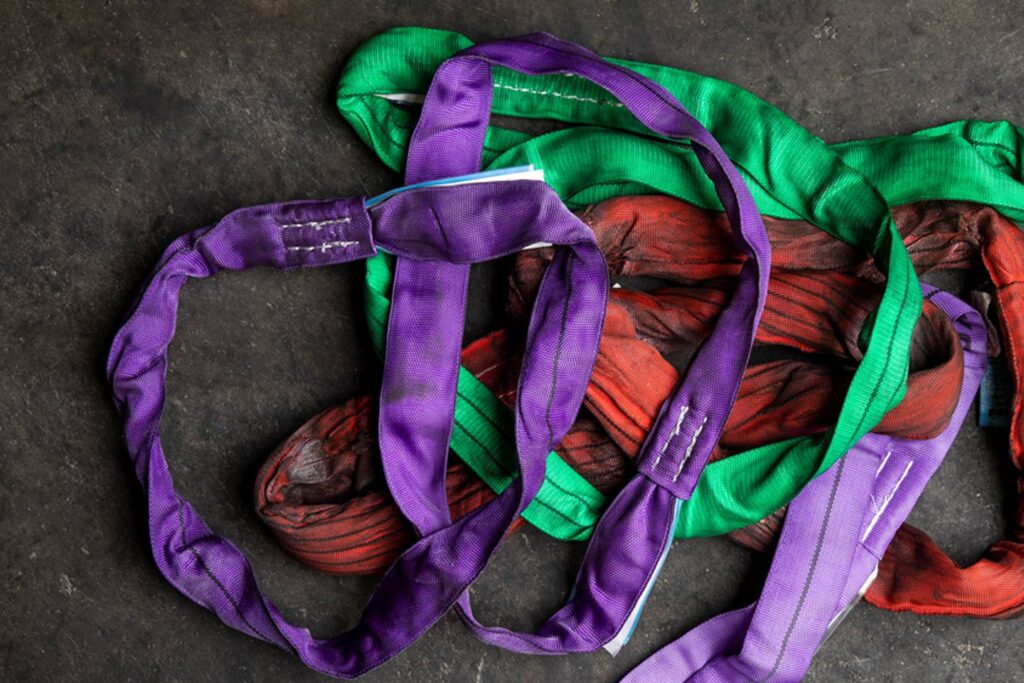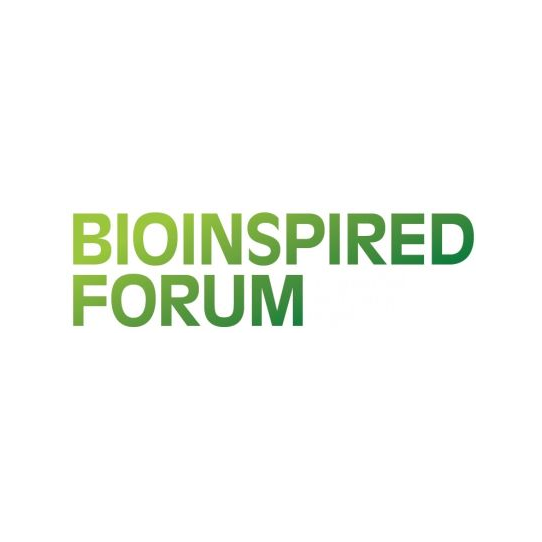Smart loops
The project Smart Loops aimed to evaluate whether it is possible to have a specific collection and get smaller but cleaner material streams, so-called "Smart loops" of materials in Sweden. The starting point for the project was several case studies where Axfoundation’s project “From waste to Fashion” was one of them. The project identified challenges and solutions, mainly from a behavior- and policy perspective.
The Issue
Around 1.6 million tonnes of plastic waste are generated in Sweden every year. Less than 10 per cent is today being recycled. The rest is incinerated and causes 6 per cent of the total greenhouse gases in Sweden.
A common argument for not sorting plastics into different fractions is that the volume for each fraction is too small to be economically viable to recycle, and recycling actors generally avoid smaller volumes. The solution so far has been a large-scale collection of plastics where the mixed plastic is divided into different fractions at a later stage. When smaller volumes of plastics go directly to incineration or are mixed with other types of plastics or textiles when recycled, it results in a downgrading of the material and linear recycling. This means that the plastic is only recycled once and can only be used for products with lower demand for the quality of the plastic.

Examples of obstacles and enablers of a circular economy
Systemic obstacles
- Restrictive legislation
- Few financial incentives
- Routine behavior
- Lack of infrastructure
- Lack of market conditions
Enabling factors
- New technology
- Digitization
- Changes in taxation
- Internalizing externalities – paying the “real” price for raw materials
Our Solution
The idea behind the research project was that the collection and recycling of smaller and cleaner material streams could allow recycling without downgrading the material and with a high level of traceability.
Results and final report
The project identified the following main obstacles to obtaining smart loops; (1) finding the right buyer due to many uncertainties about the material (2) policies limiting the market for waste material flows (3) lack of plastic knowledge along the whole value chain to handle and process the material, (4) need for behavioural change to secure the right collection and handling and (5) the pressing need for increased collaboration across value chains and sectors to realize smart loops. You can read the full report here.
Partners
The project was led by IVL Swedish Environmental Institute between 2020 and 2021 and was realized in collaboration with Axfoundation and partners from the private- and public sector as well as academia. The project was partly financed by Vinnova’s call “Circular and bio-based economy – From theory to practice”.





























